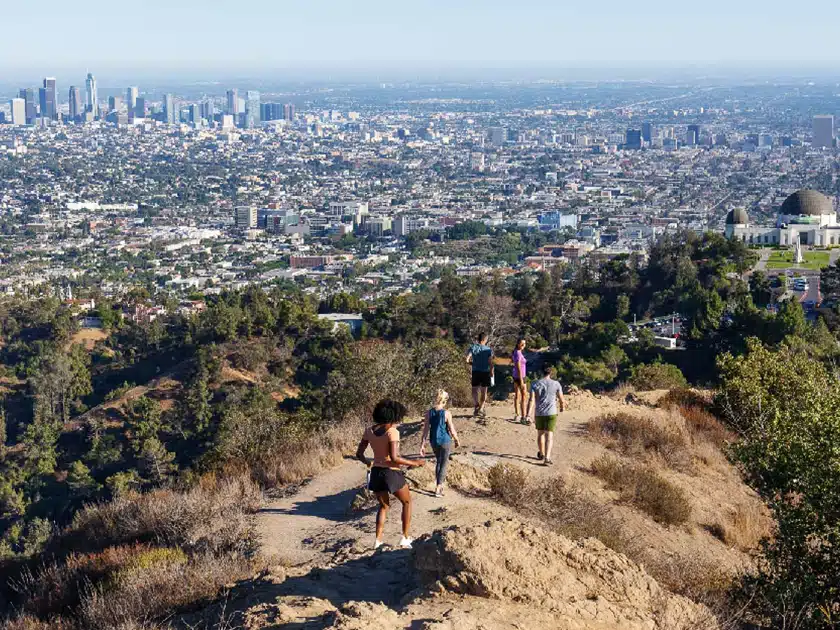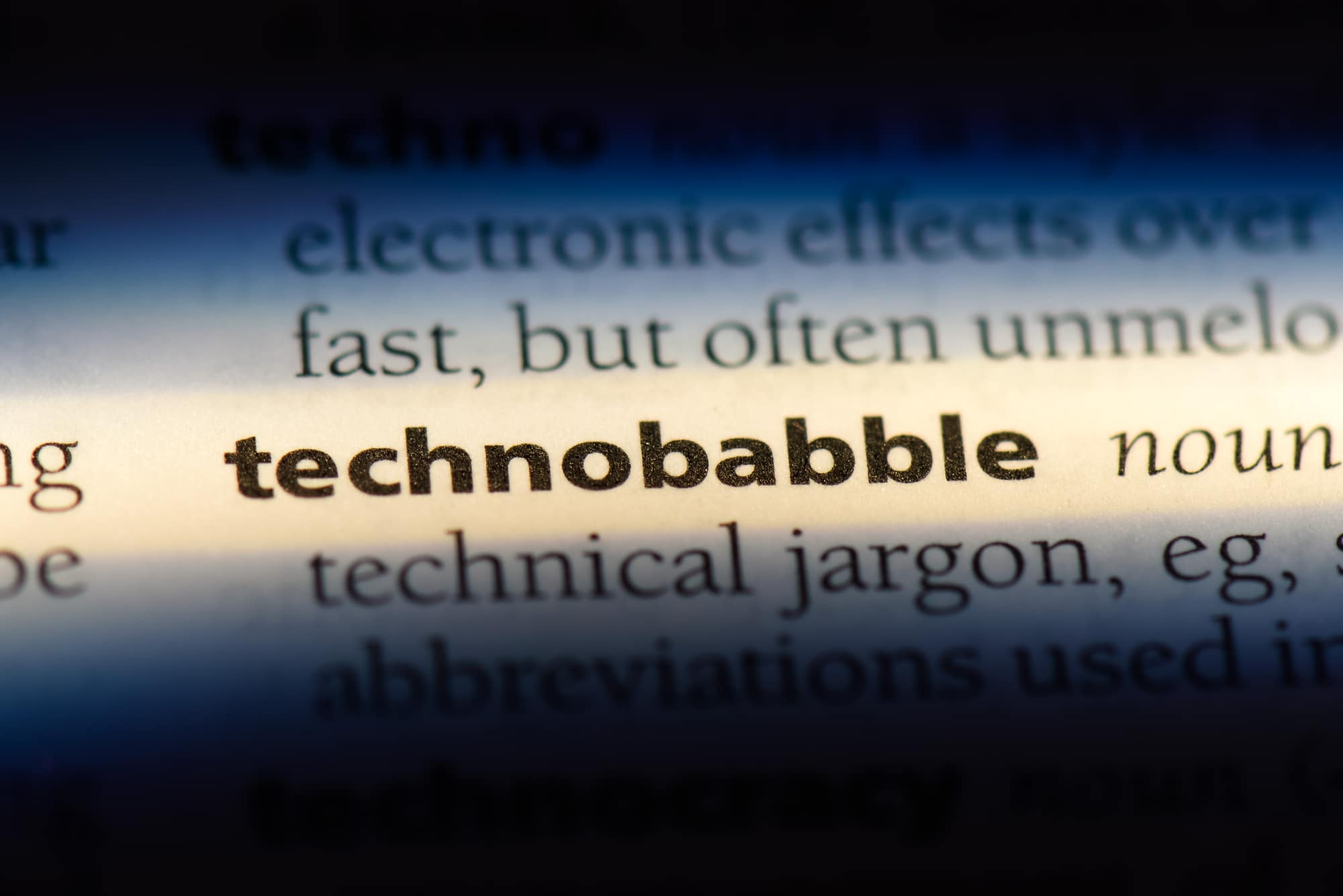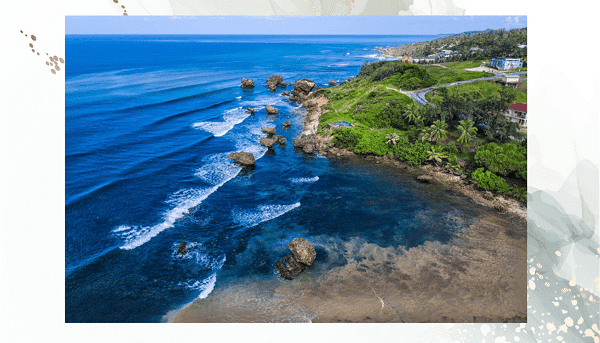The former British colony is set to become a republic on Nov. 30, the 55th anniversary of its independence from Britain.
In just a few days, Barbados will usher in a new era. The former British colony and constitutional monarchy is set to become a parliamentary republic on Nov. 30, the 55th anniversary of its independence from Britain, and remove Queen Elizabeth as its head of state. The last time a country removed the queen as head of state was in 1992 when Mauritius did so.
Under the leadership of Prime Minister Mia Mottley, the island will swear in its first president (and its first female president, at that), with Sandra Mason, who was elected by its Parliament in October.
Mason, who has been serving as the queen’s representative in Barbados in the role of governor general, delivered a speech on behalf of Mottley in September 2020, declaring that Barbados would “take the next logical step toward full sovereignty.”
“The time has come to fully leave our colonial past behind,” Mason said. “Barbadians want a Barbadian head of state.”
Mottley isn’t the first leader of Barbados to make a push for the country to become a republic, though she is the first to succeed. Some politicians, professors and experts have resisted the decision to become a republic right now, declaring it a political move to distract from COVID-19 and the economic issues plaguing the country, which was experiencing financial problems even before the pandemic. But Mottley remains undeterred by the criticism, and now the momentous change is only days away.
So what does all this mean for Barbados and Britain? What will change? And what do Barbadians make of it all?
Read the full story at The Huffington Post.
 United Kingdom
United Kingdom United States
United States Asia Pacific
Asia Pacific

























EU entry-exit system delayed again
Carnival Cruise Line hosts Prague getaway for Fun Ambassadors
Council moves to designate Forest of Dean a Biosphere
US tourism hit with UK, Germany travel warnings
Uganda Airlines launching London flights